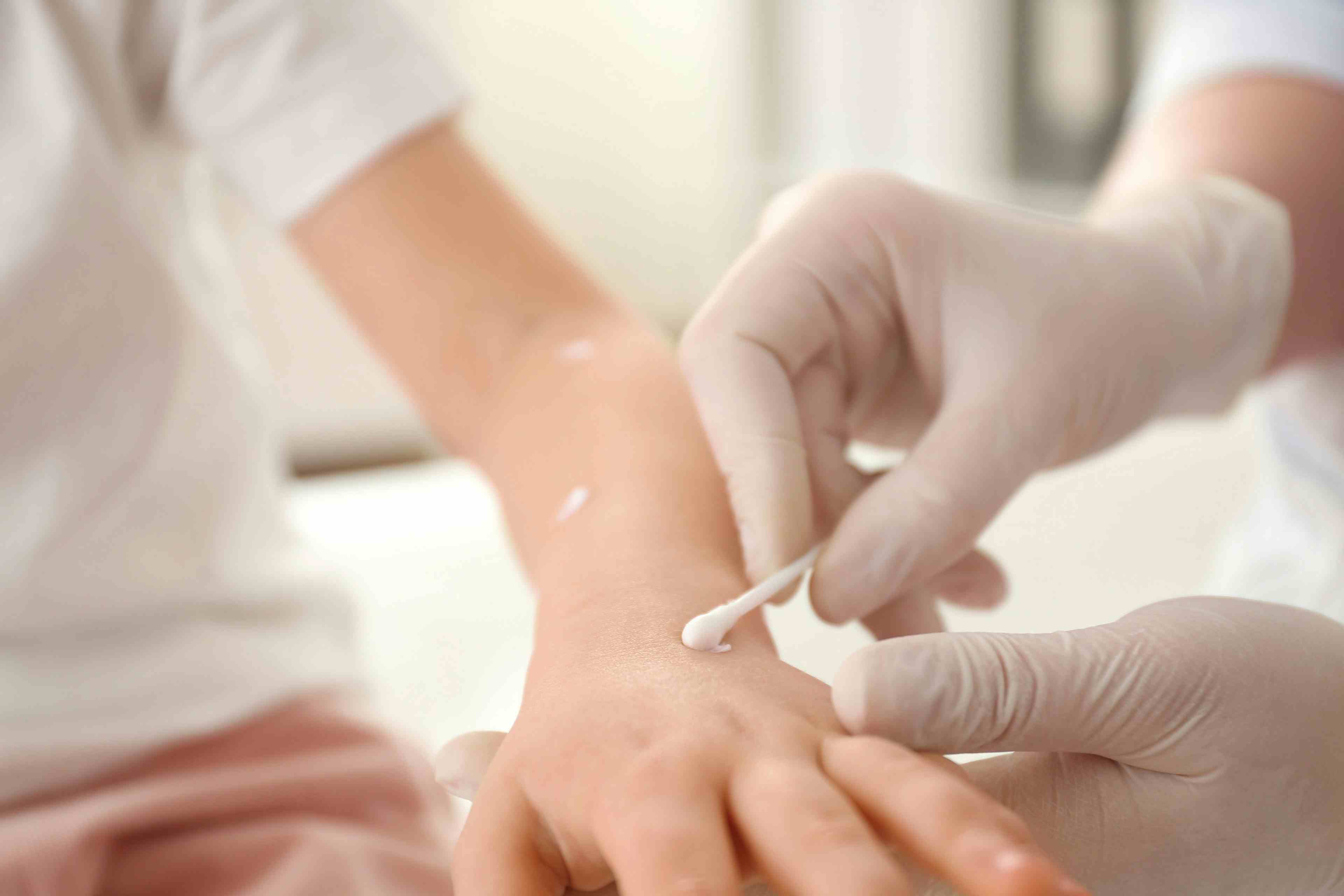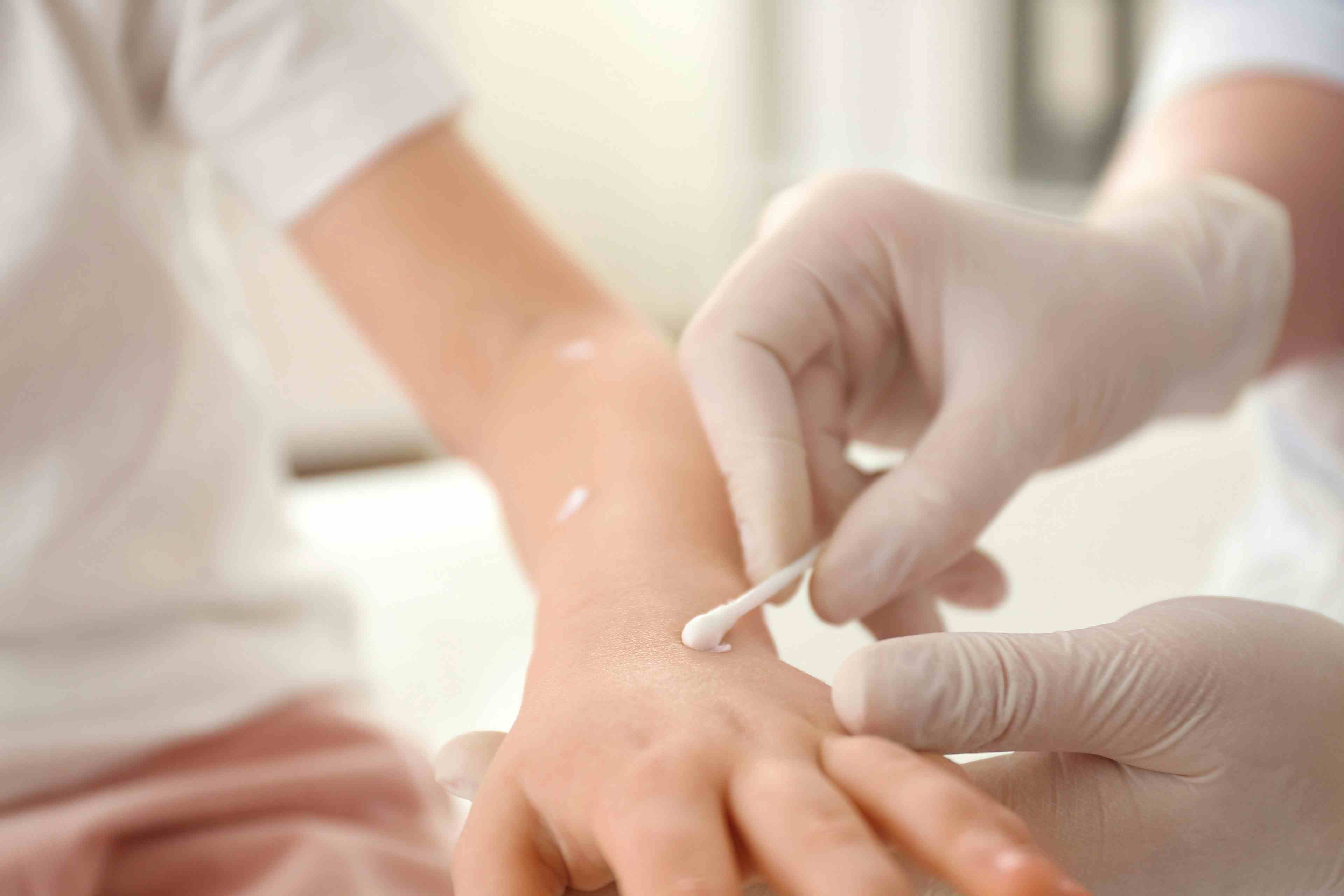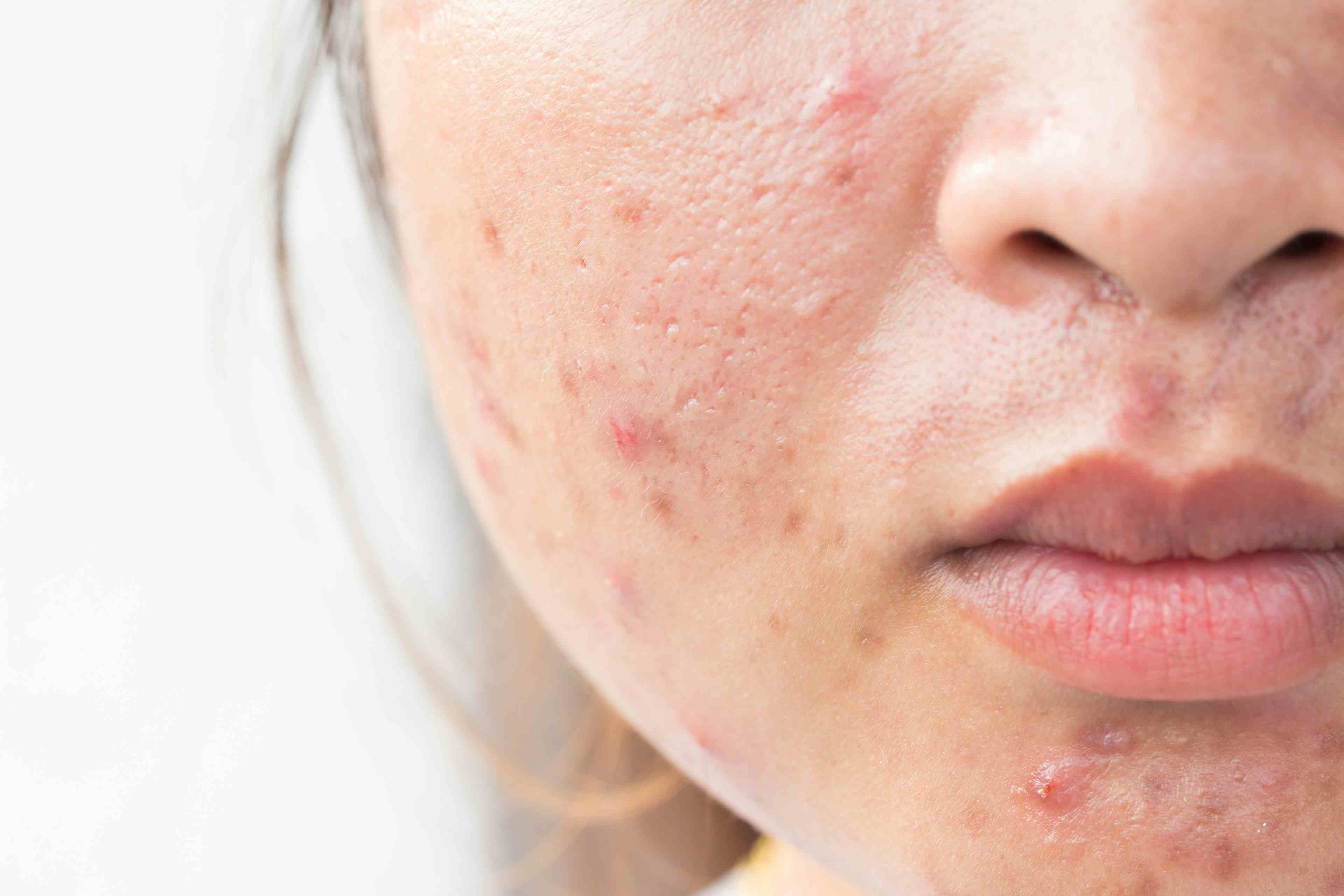- Acne
- Actinic Keratosis
- Aesthetics
- Alopecia
- Atopic Dermatitis
- Buy-and-Bill
- COVID-19
- Case-Based Roundtable
- Chronic Hand Eczema
- Drug Watch
- Eczema
- General Dermatology
- Hidradenitis Suppurativa
- Melasma
- NP and PA
- Pediatric Dermatology
- Pigmentary Disorders
- Practice Management
- Precision Medicine and Biologics
- Prurigo Nodularis
- Psoriasis
- Psoriatic Arthritis
- Rare Disease
- Rosacea
- Skin Cancer
- Vitiligo
- Wound Care
Article
My physician extender performs nonivasive laser procedures
Dr. Laser runs a highly successful laser center; he is well-respected and his patients are generally happy.

Although he performs many of the laser procedures, he also has a variety of well-trained physician extenders (PEs) delivering many of the procedures. Often these procedures are performed when he is not present.
A jealous colleague, aware that both the American Society for Dermatologic Surgery (ASDS) and the American Society for Lasers in Medicine and Surgery (ASLMS) have guidelines prohibiting unsupervised PE use of lasers, files a complaint against him with the state board of medical examiners. Will Dr. Laser lose his medical license?
Concerning PEs
Although vast literature exists regarding the use of PEs, few studies have thoroughly examined the supervisory role of physicians using PEs.
The issues of concern are:
The results from the few studies that examine the use of PEs, or the mix of physicians and PEs, suggest that the frequency of PE use will depend upon the practice arrangement, size and location. Currently, state laws and regulations that define the legal relationships between physicians and PEs differ significantly between states. Differences are partially determined by the specific PEs, their scope of practice and the practice setting. State regulations generally include the responsibilities of the supervising physician and the criteria, or definition, for supervision.
Regulations vary
Regulations as to who can/cannot perform laser procedures vary from state to state.
In addition, various interested professional societies have promulgated a variety of guidelines. It should be noted that state laws always supersede professional society guidelines even when the latter are stricter than the actual state laws.
In New Jersey, regulations of the board of medical examiners prohibit nonphysician use of laser-based technology. In Florida, Gov. Jeb Bush recently signed legislation that allows nonphysician use of laser and laser-like technology, but requires varying degrees of supervision based on the type of facility. California's medical board in 2002 passed guidelines that allowed physician assistants and registered nurses to perform such procedures, but only under the direct supervision of a physician. In California, PEs who are estheticians, cosmetologists or electrologists are prohibited from performing laser procedures even if they are directly supervised by a physician.
What is clear is that the enthusiasm for PE use has also brought added legislation and potentially resultant liability for the supervising dermatologist.
Despite the increasingly stringent society guidelines that prohibit unsupervised PE performance of laser procedures, Dr. Laser is not likely to lose his medical license if he practices in a state that does not prohibit such unsupervised care. However, it should be noted that society guidelines are increasingly allowed into court when a medical malpractice case arises. If it is alleged that Dr. Laser's PE was negligent, the society guidelines could be used against him if the claim is based on negligent supervision.
Newsletter
Like what you’re reading? Subscribe to Dermatology Times for weekly updates on therapies, innovations, and real-world practice tips.
















